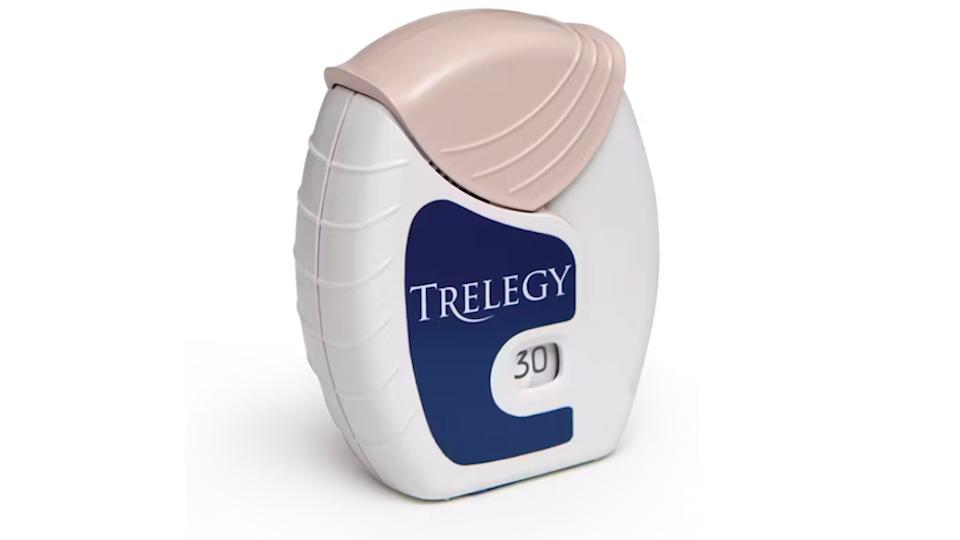ICER mulls GSK COPD drugs ahead of next Medicare negotiation

The list for the next round of medicines that will be subject to Medicare price negotiations isn’t in yet, but the Institute for Clinical and Economic Review (ICER) reckons a chronic obstructive pulmonary disease (COPD) drug will be included – and is preparing to contribute to the process.
ICER isn't officially involved in the price negotiations introduced under the Inflation Reduction Act (IRA), but contributed a "special report" on Bristol Myers Squibb and Pfizer’s Eliquis (apixaban) and Bayer and Johnson & Johnson’s Xarelto (rivaroxaban), which were included in the first list that was published in August and will come into effect in 2026.
Now, it has decided to publish a special report on two of GSK's COPD therapies – Breo Ellipta (fluticasone furoate and vilanterol) and Trelegy Ellipta (fluticasone furoate, umeclidinium, and vilanterol) – saying that it has "the expectation that at least one of the drugs being reviewed will be subject to negotiation next year."
The Centers for Medicare & Medicaid Services (CMS) has said it will announce the next 15 drugs in scope for the second round of the Medicare negotiation programme by 1st February next year, with the negotiated prices due to be announced by 30th November and coming into effect on 1st January 2027.
"As CMS continues to evolve its drug price negotiation programme, we will continue to bring our expertise in comparative clinical effectiveness and value to the conversation," said ICER's president and chief executive, Sarah Emond.
"While we know CMS may consider many different factors and inputs during negotiations, we believe applying the guidance in a consistent framework, as we did with our special assessment of two drugs subject to the first round of negotiation, offers important information to all stakeholders engaged in this process."
ICER has published the research protocol (PDF) for the evaluation of Breo Ellipta and Trelegy Ellipta – which made £1.1 billion (almost $1.5 billion) and £2.2 billion, respectively, for GSK last year and are two of the company's biggest products – and expects to publish the special report later this year.
It plans to estimate the "comparative therapeutic impact" of the two drugs compared to their respective fixed-dose generic alternatives or open generic combinations in patients with moderate to severe COPD.
So far, attempts by the industry to strike down the price negotiation programme in the courts have proved fruitless, and the first round resulted saw 10 big-selling medicines have their prices reduced by between 38% and 79%, with the Biden administration claiming that would save $6 billion in 2026.
It's been well recorded that the true impact of the programme is hard to gauge. For more on the potential consequences and next steps, you can tune into our recent podcast with pharmaphorum editor-in-chief Jonah Comstock and healthcare policy expert Alice Valder Curran of Hogan Lovells.












